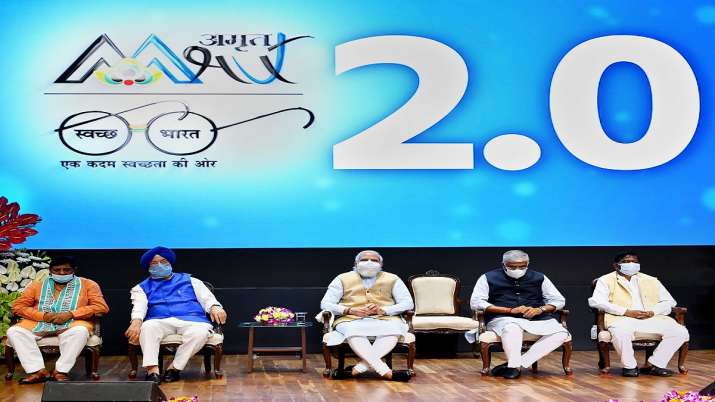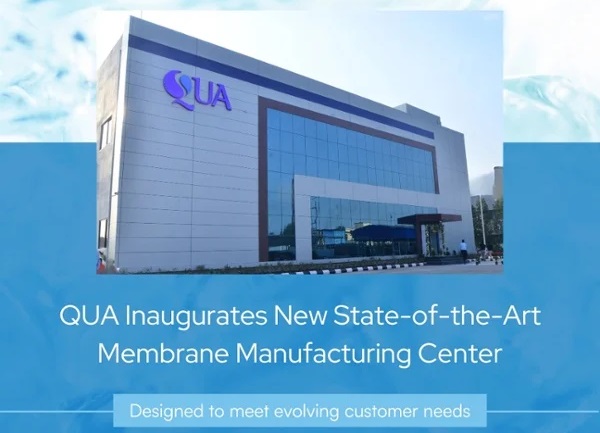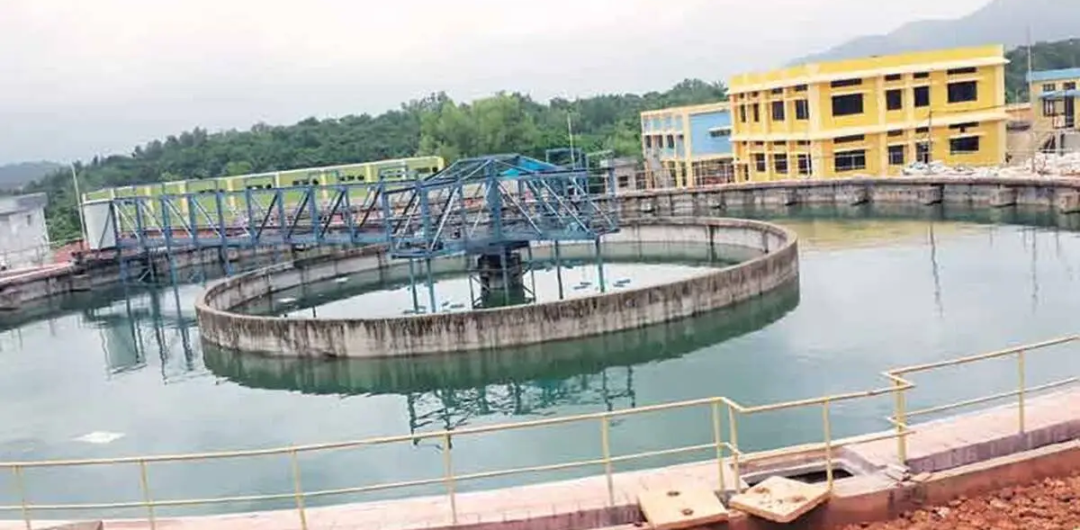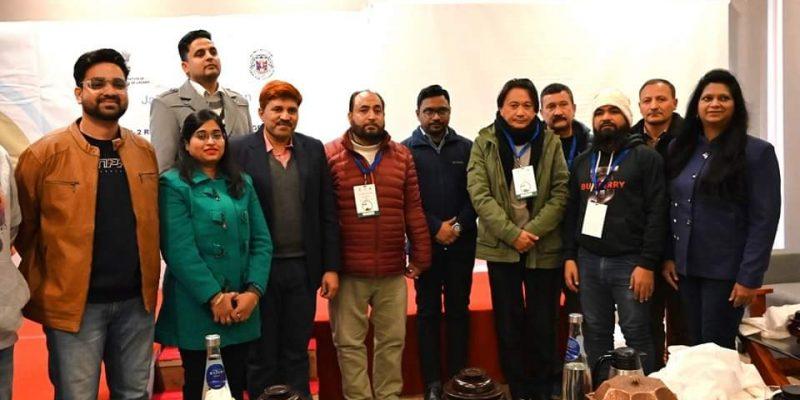With an aim of making the Indian cities ‘water secure’ and ‘self-sustainable through circular economy of water, the Union Cabinet on Tuesday approved the Atal Mission for Rejuvenation and Urban Transformation 2.0 (AMRUT 2.0) till 2025-26. The total indicative outlay for AMRUT 2.0 is Rs. 2,77,000 crore including a central share of Rs. 76,760 crore for five years from FY 2021-22 to FY 2025-26.
The government aims to provide affordable water and sanitation services by providing functional tap connections to all households, undertaking water source conservation/ augmentation, rejuvenation of water bodies and wells, recycling/re-use of treated used water, and rainwater harvesting.
“The project shall lead to ease of living by providing piped water supply and sewerage/septage facility to urban households,” the government said in a statement.
Atal Mission for Rejuvenation and Urban Transformation (AMRUT) first focused national water Mission was launched in June 2015 to facilitate ease of living to citizens in 500 cities by providing tap connections and sewer connections. So far, 1.1 crore household tap connections and 85 lakh sewer/ septage connections have been provided. 6,000 MLD sewage treatment capacity is being developed, of which 1,210 MLD capacity is already created, with provision for reuse of 907 MLD treated sewage. 1,820 parks with an area of 3,600 acres have been developed, while another 1,800 acres of area is under greening. So far, 1,700 flooding points have been eliminated.
“Taking forward the remarkable strides made under AMRUT, AMRUT 2.0, targets universal coverage of water supply by providing household tap connections in all 4,378 statutory towns. 100% coverage of household sewerage/ septage management in 500 AMRUT cities is another objective. Mission targets to provide 2.68 crore tap connections and 2.64 crore sewer/ septage connections to achieve the intended outcomes,” the government said in a statement.
Some key features of AMRUT 2.0 (U) include Pey Jal Survekshan which will encourage competition among cities for benchmarking urban water services. Mission will also encourage the mobilization of market finance by mandating the implementation of 10% of the worth of projects in cities with populations above ten lakhs through Public-Private Participation. Mission will also bring in the leading technologies in the water sector in the world through technology sub-Mission. Entrepreneurs/ start-ups will be encouraged in the water ecosystem. Information Education and Communication (IEC) campaign will be undertaken to spread awareness among the masses about water conservation, the government said.
Mission has a reform agenda focused on the financial health and water security of ULBs. Meeting 20% of water demand through recycled water, reducing non-revenue water to less than 20% and rejuvenation of water bodies are major water-related reforms. Reforms on property tax, user charges, and enhancing creditworthiness of ULBs are other important reforms. ULBs will be rewarded with incentives for accomplishing the reforms.





